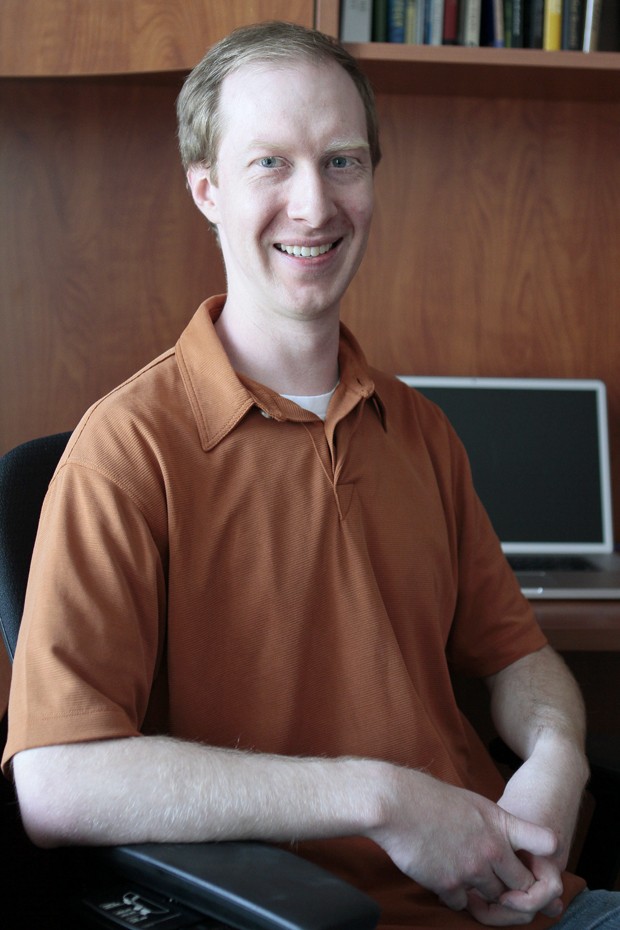After five years of researching biofuel sustainability, Institute on the Environment resident fellow Jason Hill hit a roadblock. Hill and other University of Minnesota researchers have had trouble determining the best locations to sustainably produce biomass. Little is known about the subject and even less about possible environmental impacts. But thanks to $500,000 of a $3.7 million grant from the Initiative for Renewable Energy and the Environment (IREE), Hill and his team could very well be on the brink of a breakthrough. This grant, announced Monday, will be awarded to nine University renewable energy projects. The multi-year projects will focus on a wide range of topics in the development of new renewable energy practices. Funding for IREE comes from Xcel EnergyâÄôs Renewable Development Fund, as directed by the state Legislature. HillâÄôs project, which will last three years, will evaluate the life cycle impact and productivity of various biomass production options as well as the delivery of ecosystem services. It will expose potential impacts to multiple environmental systems as well as a forecast of the costs and benefits to society. âÄúThis is not simply an academic exercise,âÄù Hill said. âÄúWe see our project as something that could help offer more opportunities for farmers and, at the same time, improve our environment.âÄù The initial pre-proposal process attracted more than 140 requests, which totaled more than $15 million. IREE invited back 16 full proposals for a competitive review process that was conducted by a panel of 10 external experts. In the end, IREE made the final selections that would complement its existing portfolio and advance renewable energy research at the University. âÄúMany of these projects are in the early stages,âÄù IREE Director Dick Hemmingsen said. âÄúOur early investments will hopefully bring national attention to these projects.âÄù Claudia Schmidt-Dannert, an associate professor in biochemistry, molecular biology and biophysics, is leading a project that received a $472,500 grant and will last three years. âÄúThis is a new direction for us. ItâÄôs exciting to have the opportunity to explore new methods,âÄù Schmidt-Dannert said. This project will develop a consolidated bioprocess where several processing steps are combined into a single step and will better produce biofuel, Schmidt-Dannert said. This process could result in cost reductions in the production of biofuels. The goal is to have a prototype by 2013. âÄúInvesting in these projects now will position the University and the faculty who received these grants to receive more significant external funding,âÄù Hemmingsen said. âÄúWeâÄôre going to find real results and solutions,âÄù Hill said. âÄúThere is so much potential and this is funding that will really benefit Minnesota.âÄù

Image by Mark Vancleave
Resident Fellow at the Institute on the Environment Jason Hill sits in his office Monday in the VoTech Building. Hill will use the grant to design new agricultural landscapes including prairie grass for ethanol.
IREE awards $3.7 million to University energy projects
The IREE will help fund nine renewable energy projects at the U.
by Adam Daniels
Published April 20, 2010
0

